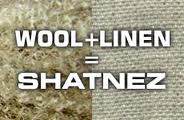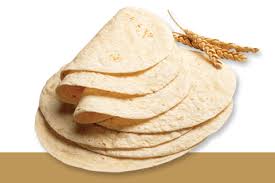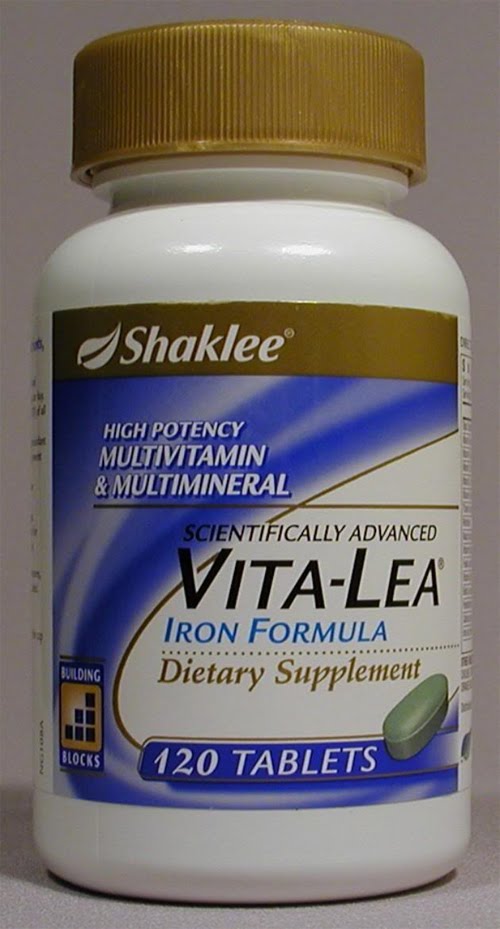To download and print a handy UPDATED summary of the halachos regarding oven use on Yom Tov, click here.
Summer 2001
Yom Tov celebrations could never be complete without the traditional piping hot delicacies from past generations. However, the kosher homemaker must be well educated on how to prepare Yom Tov meals without fear of transgressing a Torah or rabbinic prohibition.
When mentioning the prohibition of work on Shabbos the Torah writes, “Do not do any melacha (work prohibited on Shabbos).”1 This prohibition applies to melacha performed for food preparation, as well as other non-food purposes. In stating the prohibition of melacha on Yom Tov the Torah writes, “You shall not do laborious work.”2
In addition, when giving the initial command about the Yom Tov of Pesach, the Torah writes, “No work may be done on them (first and seventh day of Pesach), except for what must be eaten for any […]







 STAR-D
STAR-D STAR-S
STAR-S